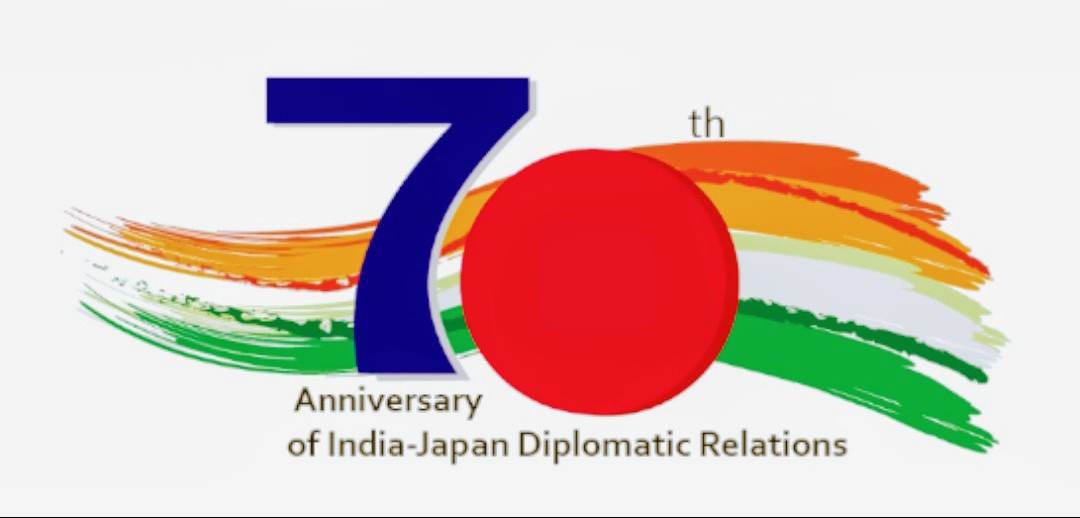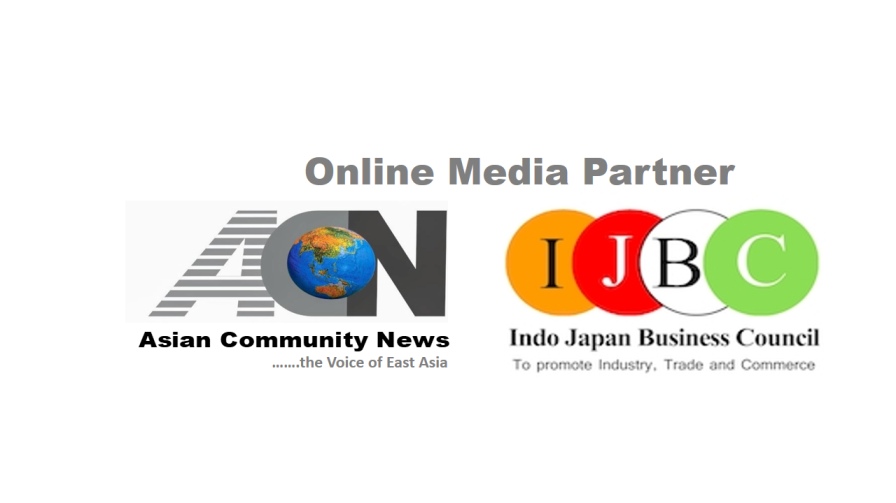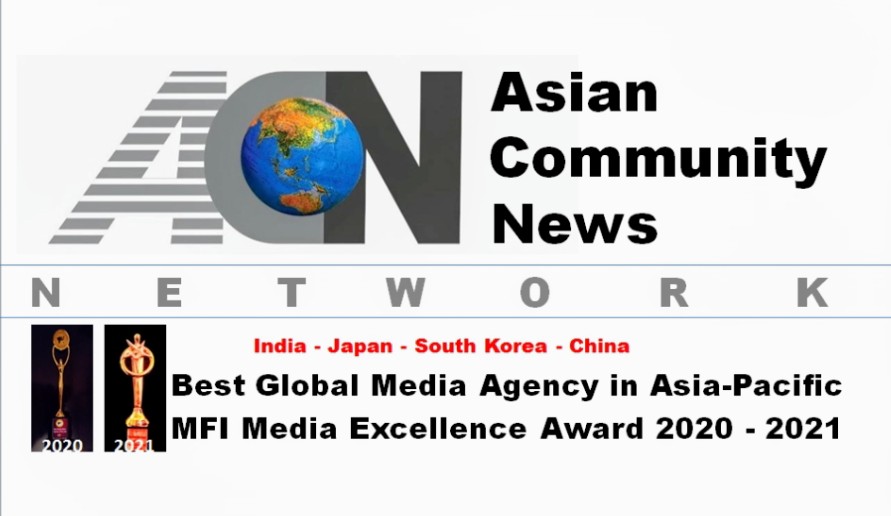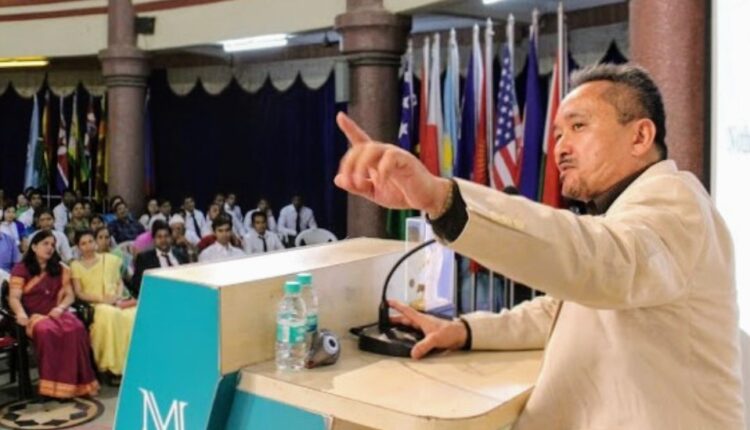10-point success mantra for Indians to deal with Japan, and make it big
The five Don’ts include - Never say “No problem”, nor “100%”, Do not ask anything at a short notice, Do not expect a quick answer, Never give excuses, just apologize first, and Do not negotiate once committed.
NEW DELHI/PUNE: In a first-ever attempt, a Japanese honcho, and an expert on India-Japan relations has spelled out 10 basic ‘rules’ for Indians to follow and meet success while they are seriously perusing to deal with the Japan, its nationals, and corporates.
As the popularity of the world’s 3rd ranked economy Japan grows with the time in India, the number of entrepreneurs wanting to do business with Japanese firms is also growing here.
As it’s widely known that there are ways and means to interact with Japanese people or companies since they carry along with them their distinct Japanese culture and etiquette, and expect others to know about their culture and the work ethics they follow.
However, a majority of people fail to strike good faith with Japanese nationals, and do not succeed to finalise deals with them as they commit the very mistake of not understanding the way they need to be interacted with.
Tomio Isogai, a Pune-based freelance advisor in Indo-Japanese relations, and former managing director of Japan’s one of the top companies SHARP in India and UAE has come out with a 10-point success mantra, which he calls “10 Basic Rules to Make a Success with Japan”. Every Indian either dealing with Japan, or envisaging to do so, MUST go through and follow these ten points religiously, if he/she wants to succeed.
Recently, during a virtual lecture organised by the Indo-Japan Business Council (IJBC), Isogai widely narrated five Do’s and equal number of Don’ts for the Indian audience who are wanting to make it big with Japan in art, culture, education, trade, and commerce spheres.

IJBC, which is continually working to enhance India-Japan Business and Economic Engagement, is currently organising a series of events to celebrate the year 2022 as the 70th anniversary of the establishment of the diplomatic relations between India and Japan. Asian Community News Network is an online Media Partner with IJBC for the year 2022.
In his address, Isogai cautioned the Indian people and asked them to religiously follow the five Don’ts that included Never say “No problem”, nor “100%”, Do not ask anything at a short notice, Do not expect a quick answer, Never give excuses, just apologize first, and Do not negotiate once committed.
He also rolled out five Do’s that included Getting someone who will connect you, Keeping your words, big or small, Being punctual to the minute, not minutes, Being straight to say “NO” on early stages, and Making it a long-term relationship.
A director with Kansai Japan India Cultural Society in Kobe, Japan, and Senior Advisor at India-Japan Business Desk, Kochhar & Co., New Delhi, India, Isogai went on to explain that it would be advisable to find a common connection when planning to approach a Japanese national, and never make a cold calling, and knock a door without reference.
“The number one rule is that please get someone who will connect you. Don’t knock on the door or any Japanese company without any introduction from anybody that can connect you. Number two, keep your words big or small. Even if it’s a very small word meaning, small promise. Once you fail it, game is over. Number three, be punctual to the minute, not minutes, Japanese people are too extremely punctual. Getting late is not acceptable,” he added.
5 Do’s
Get someone who will connect you
Keep your words, big or small
Be punctual to the minute, not minutes
Be straight to say “NO” on early stages
Make it a long-term relationship
Disclaimer: It depends on whom you deal with
About the number 4 rule, Isogai said ‘Be straight to say NO on early stages’.
“Why? Because in my experience for the last 10 years of dealing with Indian people, Indian people never say NO, and they always generally say YES. When they say no, it’s NO PROBLEM generally. That’s not good. Ideally, you may say no, if you feel it’s not possible. If you feel as if you think it’s not happening, then don’t say yes, and say no on the early stages, the otherwise it will be a big waste of time for you.”
Number five: Keep a long-term relationship. Many Indian people think about very short term business, say just for one year, two years, three years, and it’s not enough. You have to think about 5 years to 10 years or longer relationship.
However, about the five Do’s, Isogai said it all depends on who you are dealing with. “If you’re talking to the owner of the company of a small company or an SME, then it is a little bit different from this. The middle-class manager who you are dealing with, then those things can apply. But when you are talking to the owner or the founder of the company of Japanese companies, then something may be adjusted in this.
And about the five Don’ts with Japan, Isogai says, “Number One, never say NO Problems or 100 percent. Many Indian people say this very simply and easily. And they say Yes. But don’t do that. Don’t say no problems. But if it doesn’t happen, the excuse will come. That is not very good at all.
5 Don′ts
Never say “No problem”, nor “100%”
Do not ask anything in a short notice
Do not expect a quick answer
Never give excuses, just apologize first
Do not negotiate once committed
Thumb Rule: In Japan Nothing personal, it’s all institutional.
Generally, there is a practice in India to abruptly pick up a phone and call up a Japanese person, and seek an appointment for the same or the next day, at a very short notice.
“Do not ask anything at a short notice. For meeting, for telephone conversation or any anything. When you ask Japanese companies, give at least one or two-week time notice. When you are visiting Japan to go to some companies, give at least one month’s notice. Number three rule is that you do not expect a quick answer from them. Japan is not controlled by one person. Japanese corporations are very much institutional. So they cannot make a quick decision. Even those you meet some managers and directors or high-ranking officials, they may not have the authority to make a decision right away. So it may take one week, or two and sometimes one month to make a very big decision for them.”
Another important clue, Isogai delivered was about never giving excuses when you fail to deliver or keep your commitment while dealing with the Japanese companies or individuals. “Just apologize first. So whenever you fail in doing something, do not give any excuses. Just apologizing. And explain only when you are asked what happened to your commitment, and then you can give excuses, but NOT otherwise. And the number five Don’ts is – Do not negotiate once committed. Once you are committed, never come back to negotiate it again, but there are certain situations. And if you need to negotiate again for something that you have already agreed upon, then there are certain ways to follow for that.”
“Just apologize first. So whenever you fail in doing something, do not give any excuses. Just apologizing. And explain only when you are asked what happened to your commitment, and then you can give excuses, but NOT otherwise. And the number five Don’ts is – Do not negotiate once committed. Once you are committed, never come back to negotiate it again, but there are certain situations. And if you need to negotiate again for something that you have already agreed upon, then there are certain ways to follow for that.”
In addition to the 10-point success mantra, Isogai said the people in India should understand the fact very clearly that nothing is personal in Japan, and it’s all institutional.
“But nothing can be personal in Japan even if it’s a small medium enterprise in Japan, the decision made there cannot be made on personal note. Everything there is institutional. So just remember that. Okay, of course, it depends on which level of the corporation is that it’s a huge, you know Corporation or small micro level of company with a very limited number of managers. It depends of course.
Isogai also delivered some extra tips to avoid failures while dealing with Japan.
““If you are partnering for a joint venture, there are some more tips. You need to just follow the majority shareholding Japanese companies for one year, and follow everything that they say. In the very first year, just follow them as they say. This is what happened in ASEAN countries in majority cases.”
And in the case of disagreement, as regards the policy or anything about the operations, any other company matter matters discuss in details together until you come up with the solution. Don’t leave it alone there without solution to any disagreement. Whenever you have a disagreement, you have to discuss it very deep. Also keep all records, all correspondences, communications, the minutes of the meetings, and all these should be readily accessible at all times. We can just refer to them to see in the future.
Related article: IJBC to launch a Bilingual Expert Directory for professionals, industry
And in case you are a Micro, and Small Enterprise, Isogai shared some more success tips.
Number one, chemical matching of the two owners, the Indian owner of this micro or small company and the Japanese counterpart, and between the two founders or two owners or managing directors, they must be in a good chemical munch.
“Chemical munch means they need to in good communication. And next, they need to check each other’s vision and mission statements. You have to have a vision and a mission, and share the same with them. Then you get the same thing from your counterparts. Also just see if vision and mission statements on both the sides are matching or not. Also, ensure synergy between the two companies,” Isogai summed up.
And last but not the least tip by Isogai is that Indian firm must hire a Japanese speaking person, whether an Indian or a Japanese native for better coordination with the Japanese counterpart.
About Tomio Isogai:

Tomio Isogai is a global minded business leader with diversified experiences in more than 60 countries over the world, residing in 5 countries for more than 25 years up until today, particularly in the emerging markets.
Isogai retired from his career at Sharp in September 2016 and returned to Japan where he become a member of Ayurveda Society in Japan, the Kansai Japan India Cultural Society in Kobe (appointed as Director in Nov/’21), Japan-India Cultural Exchange Network in Tokyo, and the 22nd Century Academy in Yokohama, Japan.
In early 2017 he has come back to India and has started to engage in his new endeavor to become a bridge person connecting India and Japan in commercial, academic and cultural aspects. At present he serves as Advisor for 5 Indian companies and a pro Japan NPO. The list of the Indian companies which he serves as of today includes the well renowned law firm Kochhar & Co. in Delhi.
Since 2017, Isogai has been invited to many events and functions as guest lecturer as well as to international conferences, seminars and symposiums being organized by many academic institutions that include IIT-Bombay, IIM-Calcutta/Indore/Nagpur, and IIIT-Allahabad. Since 2017 till end of 2020, Isogai has been appointed as Adjunct Professor at Ajeenkya D.Y. Patil University in Pune and as Adjunct Faculty at MIT-ADT (Maharashtra Institute of Technology, Art, Design and Technology) University, Pune, India to teach and coach its BBA and MBA students at College of Management.
In February 2021, Isogai has been appointed as a Guest Lecturer at MIT World Peace University, Faculty of Management for its BBA and MBA students. As from 1st of April, 2021, Isogai has been appointed as honorary member of and an Advisor to an NPO IJBC (Indo-Japan Business Council), Pune. As of today, Isogai is also an honorary member of Hyderabad Management Association and an editorial advisory board member of an online media ACN (Asian Community News).




[…] Related article: 10-point success mantra for Indians to deal with Japan, and make it big […]
[…] Related article: 10-point success mantra for Indians to deal with Japan, and make it big […]